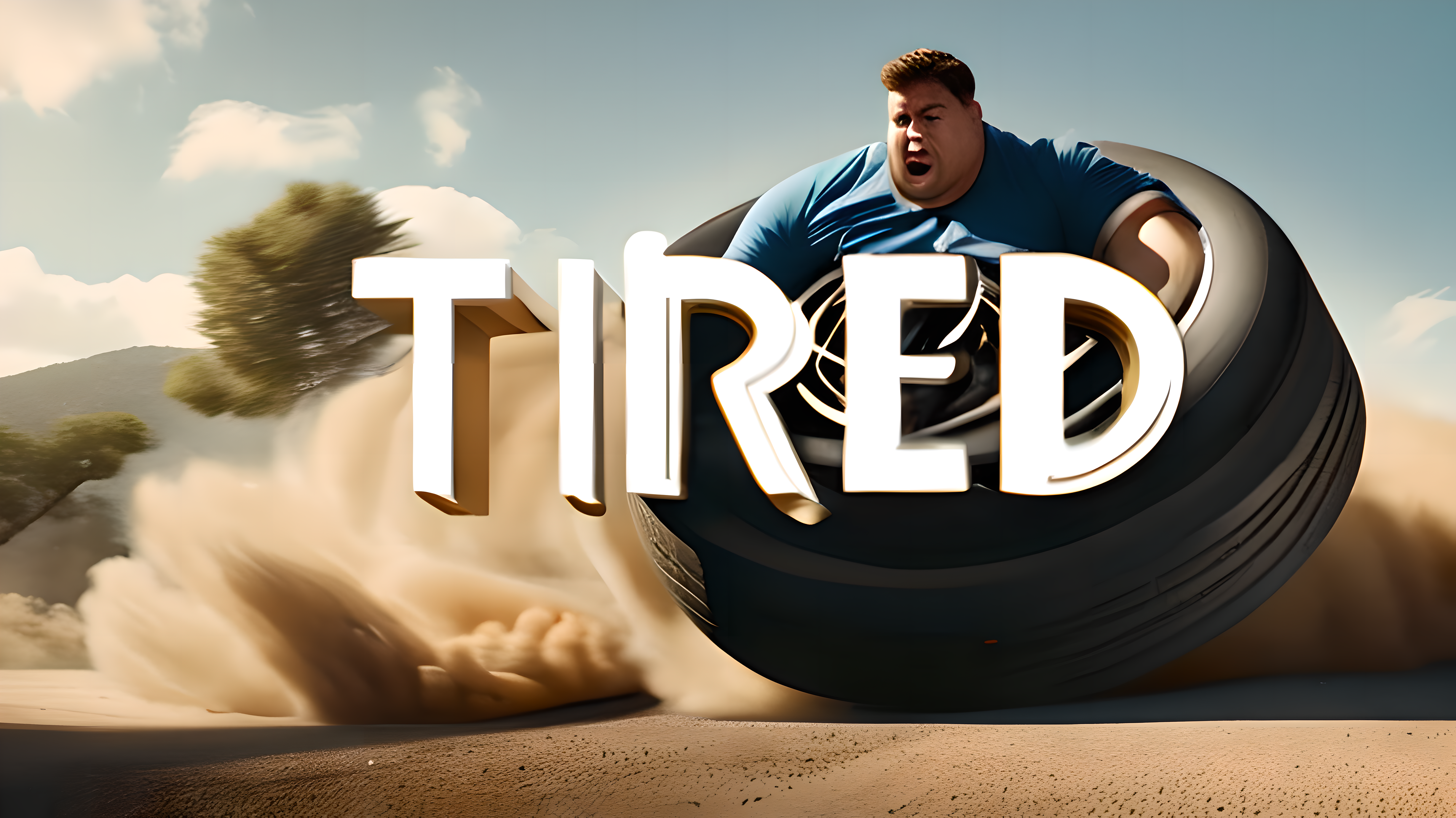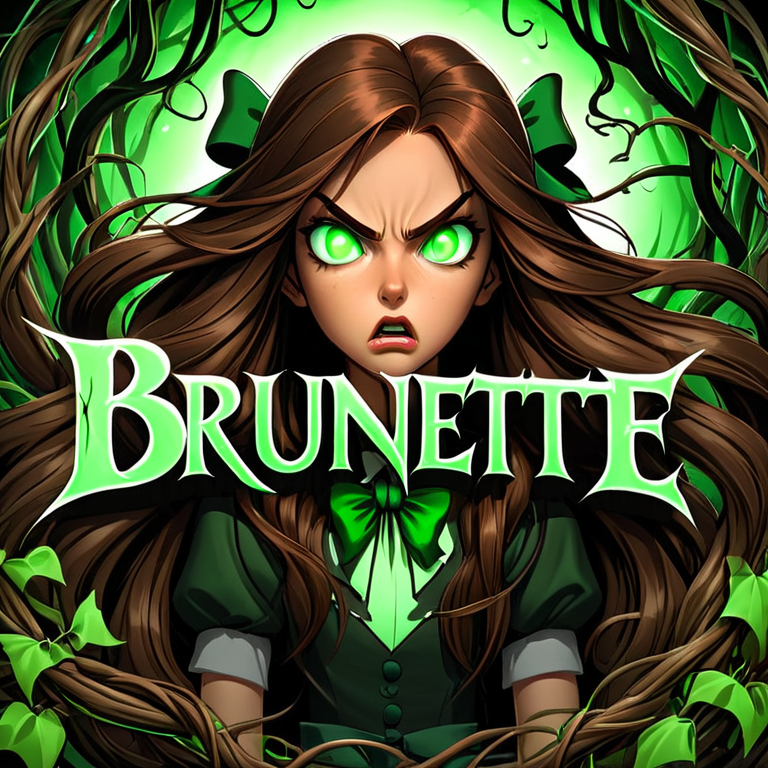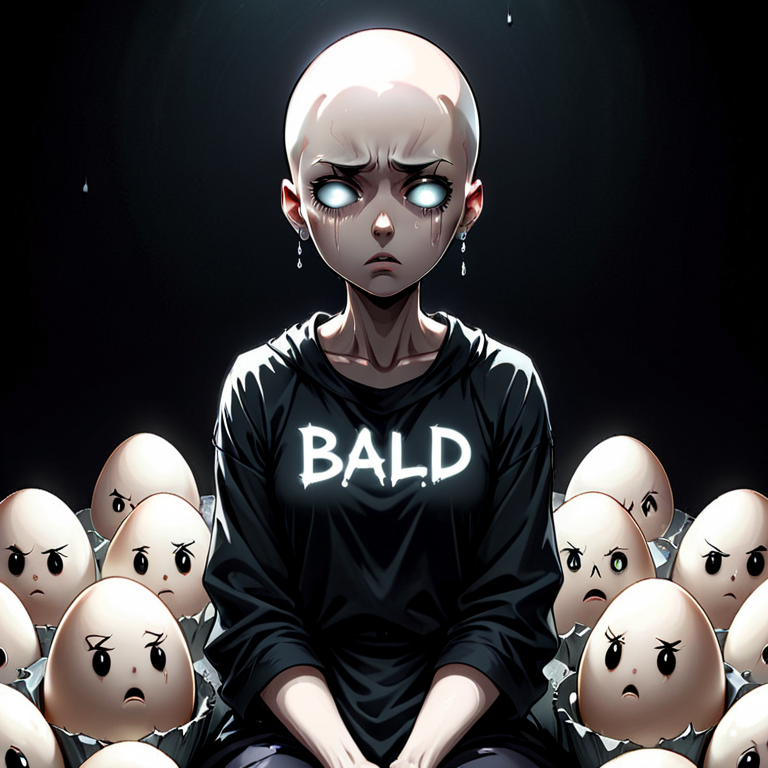Sounds sooooo second class to me. I only deal with first class languages so I can enjoy my curry with a satisfying closure 🎩 👌
Riskable
Father, Hacker (Information Security Professional), Open Source Software Developer, Inventor, and 3D printing enthusiast
- 15 Posts
- 413 Comments

 4·2 days ago
4·2 days agoIt was a tired story until OH DEER it wasn’t anymore.

 261·3 days ago
261·3 days agoAfter replacing writers and artists it is now replacing the entire category of, “old people”. AI has reached the, “final solution” faster than I thought possible!

 41·3 days ago
41·3 days agoBecause a lack of rest always moves projects forwards with absolutely no problems at all!

 3·4 days ago
3·4 days agoExactly! I love how AI image generation can come up with funny surprises like that 🤣
I hope the hilarity never ends!


 3·4 days ago
3·4 days agoI use it for the hilarity!

I made a whole series of images representing the usual hair colors just for fun:





I have so much fun with images like this in Discord/Matrix and the occasional Lemmy post 🤣

 8·5 days ago
8·5 days agoThat’s a lot of dough
OP doesn’t realize he’s an AI.
deleted by creator
deleted by creator
What their next prompt will be.

 20·5 days ago
20·5 days agoBecause nothing says, “I should have children” than living under an overbearing autocratic government trying to control your life!

 445·5 days ago
445·5 days agoOr the most obvious answer of all: Macs have a power button on the keyboard
Such a stupid thing to write about. Must be a really slow news day if they are writing about the location of the power button.

 8·5 days ago
8·5 days agoI think this one can be attributed to, “mere poor taste” and a lack of imagination.
If I were in charge of the leading image in the article I’d replace “cloud” with “shitstorm emoji” in the prompt. Then it would make more sense and be more applicable to VMWare.

 33·6 days ago
33·6 days agoSoftware patents shouldn’t exist!

 122·8 days ago
122·8 days agoIt will be difficult because the AI only returns short results (relatively speaking). A sentence or two does not make for copyright infringement.

 152·9 days ago
152·9 days agoExcept there’s nothing illegal about scraping all the content from websites (including news sites) and putting it into your own personal database. That is–after all–how search engines work.
It’s only illegal if you then distribute said copyrighted material without the copyright owner’s permission. Because that’s what copyright is all about: Distribution.
The news sites distributing the content in this case freely gave it to OpenAI’s crawlers. It’s not like they broke into these organizations in order to copy their databases of news articles.
For the news sites to have a case they need to demonstrate that OpenAI is creating a “derivative work” using their copyrighted material. However, that’s going to be a tough sell to judges and/or juries since the way LLMs work is not so different from how humans do: They take in information and then produce similar information (by predicting the next word/symbol, given a series of tokens/a prompt).
If you read all of Stephen King’s books, for example, you might be better at writing horror stories. You may even start writing in a similar style! That doesn’t mean you’re violating his copyright by producing similar stories.
I have a Giant Sulcata Tortoise. She’s almost 100lbs.

Super easy to care for. She mows the lawn to eat but St Augustine grass doesn’t have all the nutrition she needs so we supplement her diet every two days with some fresh lettuce, fruit, and tortoise pellets.
Right now our yard is full of pumpkins donated by our neighbors that she enjoys very much (her poops turned a bit orange, haha). Watching her eat them is a surprisingly satisfying and relaxing experience.
Her home is an old lawnmower shed that my father-in-law had lying around and she goes into it every night (we cut a tortoise-shaped hole in the front and put some “baggage flaps” over it to keep the heat in). Interestingly, we didn’t need to “train” her to go in there she just figured it out on day 1 and settled in the very first night.
She comes when she’s called and loves to come see us when we’re out in the yard (hoping for treats!). We often get the leftover produce from Publix that’s going to be thrown away and feed her that. She doesn’t care that the lettuce has gone all wilty or about damaged fruit so it’s better than sending it into the trash 👍

 12·11 days ago
12·11 days agoI hate to break this to you but this shit level of empathy has been with humans for thousands of years. This is not a new phenomenon. It’s not caused by microplastics.
What is new is empowering those without empathy to decide world leaders that have an obscene amount of power. That’s a relatively new development for humanity.








The article sucks. The FTC isn’t going after Microsoft’s cloud services because they’re good/bad. They’re going after Microsoft because of forced bundling. Same abuse of monopoly power they were found guilty of when they started forcing everyone to use Internet Explorer.
Microsoft is forcing customers to use their cloud services under all sorts of scenarios. Many of which have no logical reason other than to force customers into Azure.
For example, if you have a lot of Windows servers in Azure they will stop supporting you once you reach a certain threshold unless you also sign up to use their enterprise cloud AD service.
They already do this with regular Windows–you have to use AD if you’re a business customer and you go past a certain threshold of systems–but in that case you can just get some Domain Controllers and call it a day. You can put them wherever you want (locally, in AWS, in Azure, wherever).
With Azure Windows servers though you’re forced to use Azure AD (or you lose support and possibly access to other bundled services). You can’t host Domain Controllers anywhere else. I mean, they’ll let you have as many off-Azure DCs as you want but they must still be joined/synchronizing to Azure AD.
There’s probably many other anticompetitive tactics in place within the world of Azure but that’s the one big one I know off the top of my head.